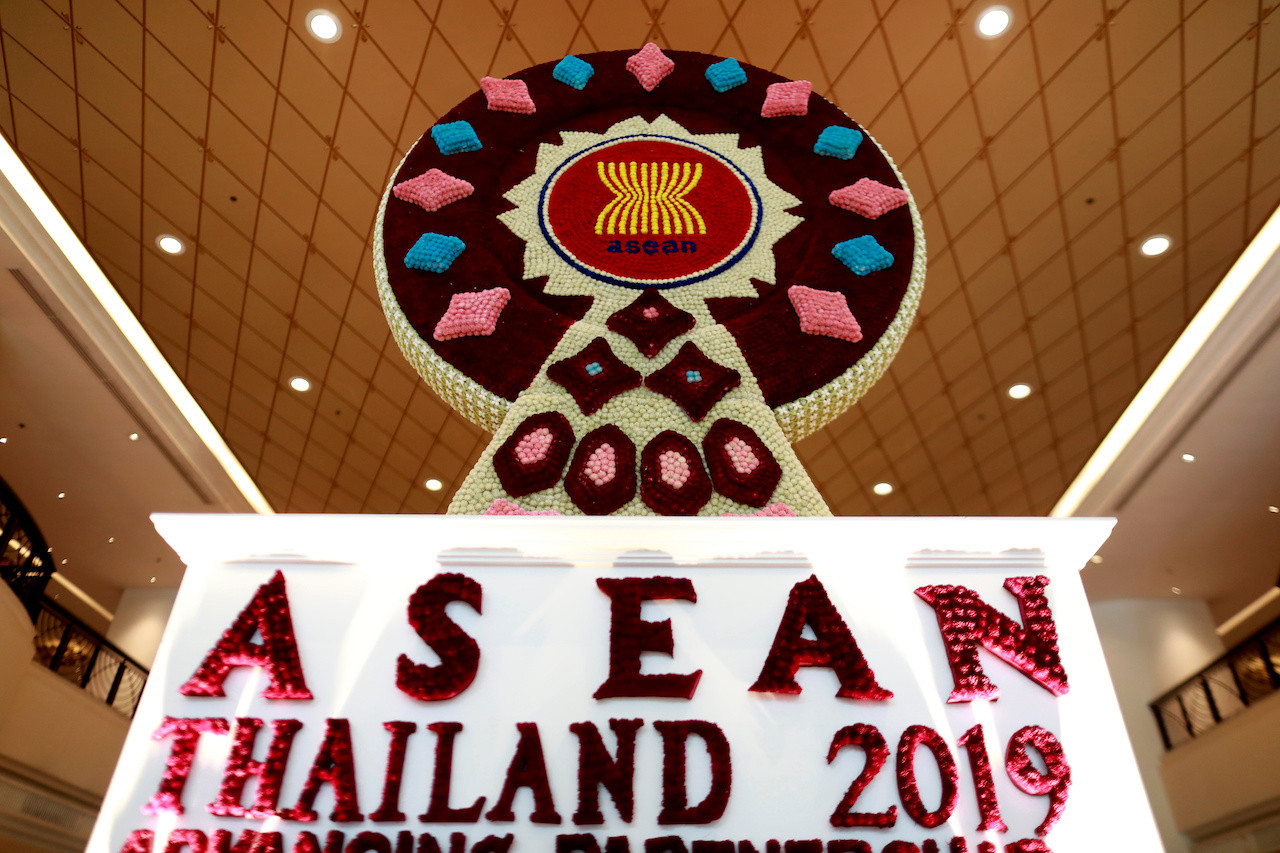Popular Reads
Top Results
Can't find what you're looking for?
View all search resultsPopular Reads
Top Results
Can't find what you're looking for?
View all search resultsRegional commitment crucial
Change text size
Gift Premium Articles
to Anyone
S
outheast Asian leaders will meet virtually on Friday for the 36th ASEAN Summit, nearly two months after it was postponed because of COVID-19 concerns.
There is little doubt that the pandemic response will top the agenda, considering the virus’ far-reaching impact on both the individual nations of Southeast Asia and the region as a whole.
At a glance, ASEAN’s collective efforts seem to have had little effect on the spread of the virus. More than 130,000 confirmed cases and upwards of 3,800 deaths linked to COVID-19 had been recorded in the ASEAN region as of Sunday.
However, the region’s health sector moved quickly to activate mechanisms established after the 2003 severe acute respiratory syndrome (SARS) outbreak.
In this sense, ASEAN has not arrived at the current situation completely unprepared.
ASEAN has proactively sought help from dialogue partners, most prominently through the ASEAN Plus Three forum, which adds China, Japan and South Korea. The group has also engaged with other partners, including in a plan to redirect development funding into a large COVID-19 response fund.
The bloc has opted to keep its markets open, facilitate the flow of essential goods and services within the region and continue its support for a rules-based international trade system. These are positive economic responses.
Individual countries have generously donated crucial resources to other ASEAN member states, including test kits and personal protective equipment. They have also provided assistance in the repatriation of ASEAN nationals.
So why does the rate of transmission still seem high in Southeast Asia?
The knee-jerk reaction might be to point to the countries with the highest number of confirmed cases: Indonesia, Singapore and the Philippines. This is only partially useful, as the response among member states is necessarily uneven, given the size and populations of countries and the disparities between them.
Indonesia’s state response may be to blame for the country’s continued high rate of transmission, but ASEAN can certainly do more to ensure that none of its member states are left behind. In return, Indonesia must ensure that a regional agreement to establish a coordinating center on animal health and zoonotic diseases comes into effect immediately.
COVID-19 has wider implications than in the health and economic spheres. The pandemic has significantly limited civic space and engagement, and the human rights agenda has been shelved in favor of maintaining order and security.
Security restrictions and surveillance protocols have been introduced throughout the region under the pretext of preventing the spread of COVID-19, giving governments the ability to crack down on any unwanted activities or opinions. Officials, corporations and politicians have also been able to hide behind a veil of physical restrictions to shirk their obligations to the public.
We hope that ASEAN leaders once again demonstrate strong leadership and unity in the pandemic response through concrete measures, while also ensuring that issues beyond COVID-19 do not fall by the wayside.










